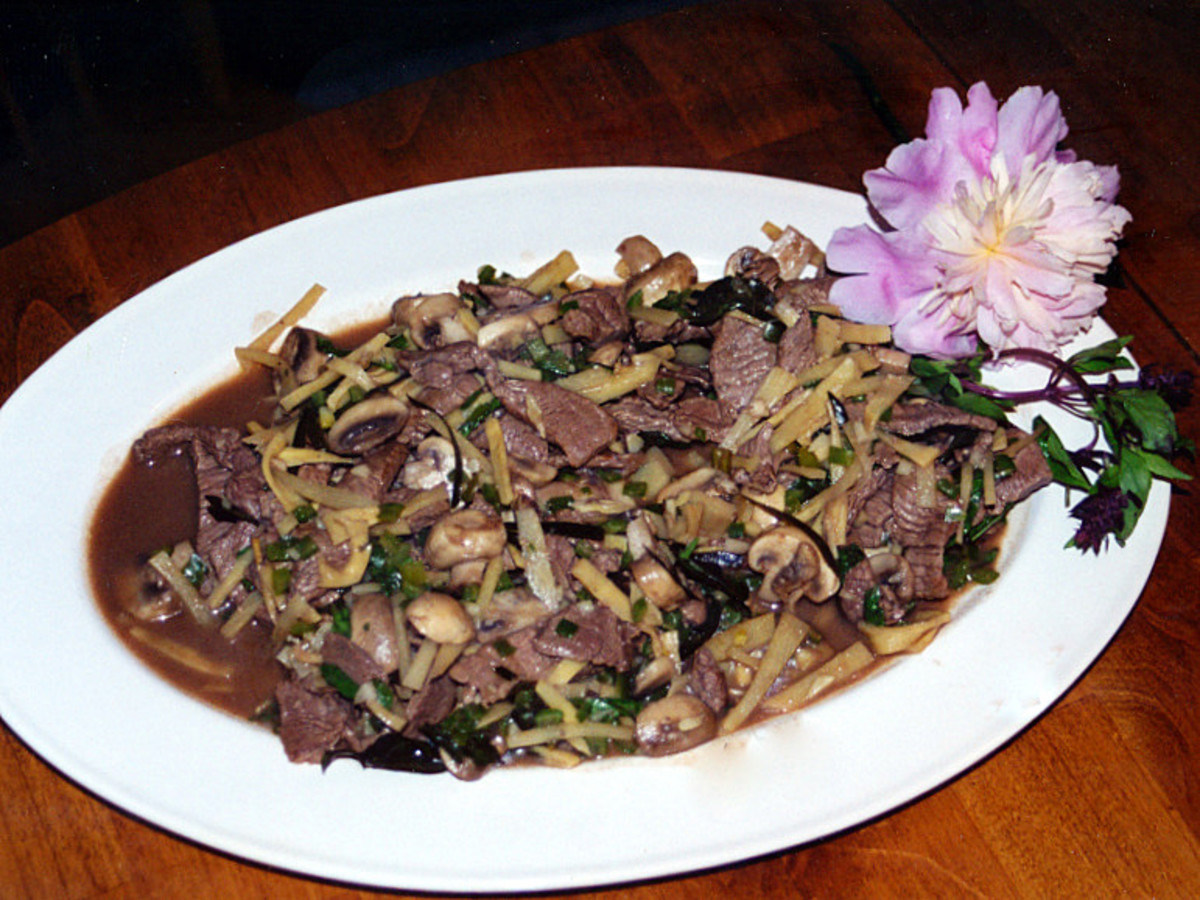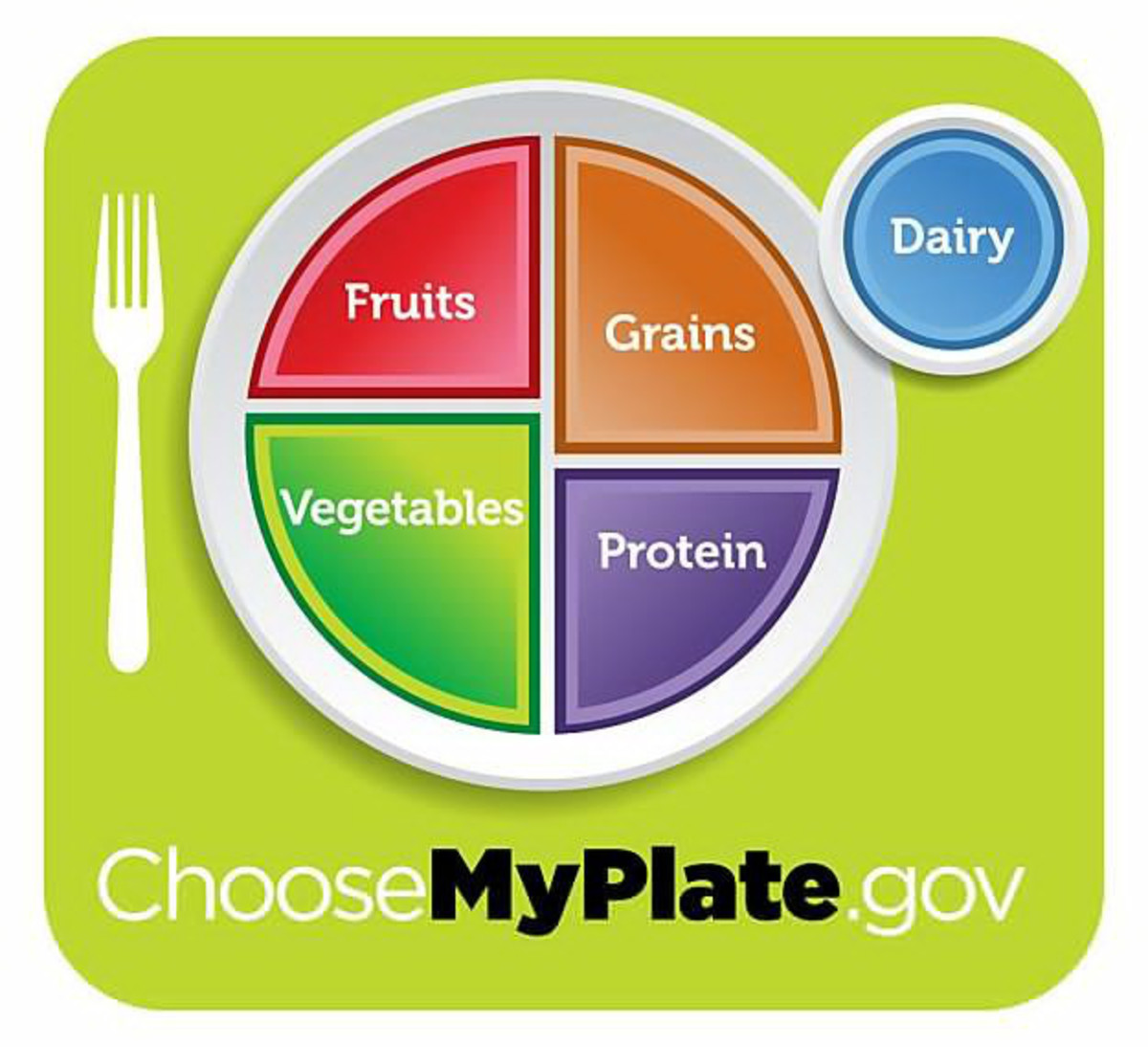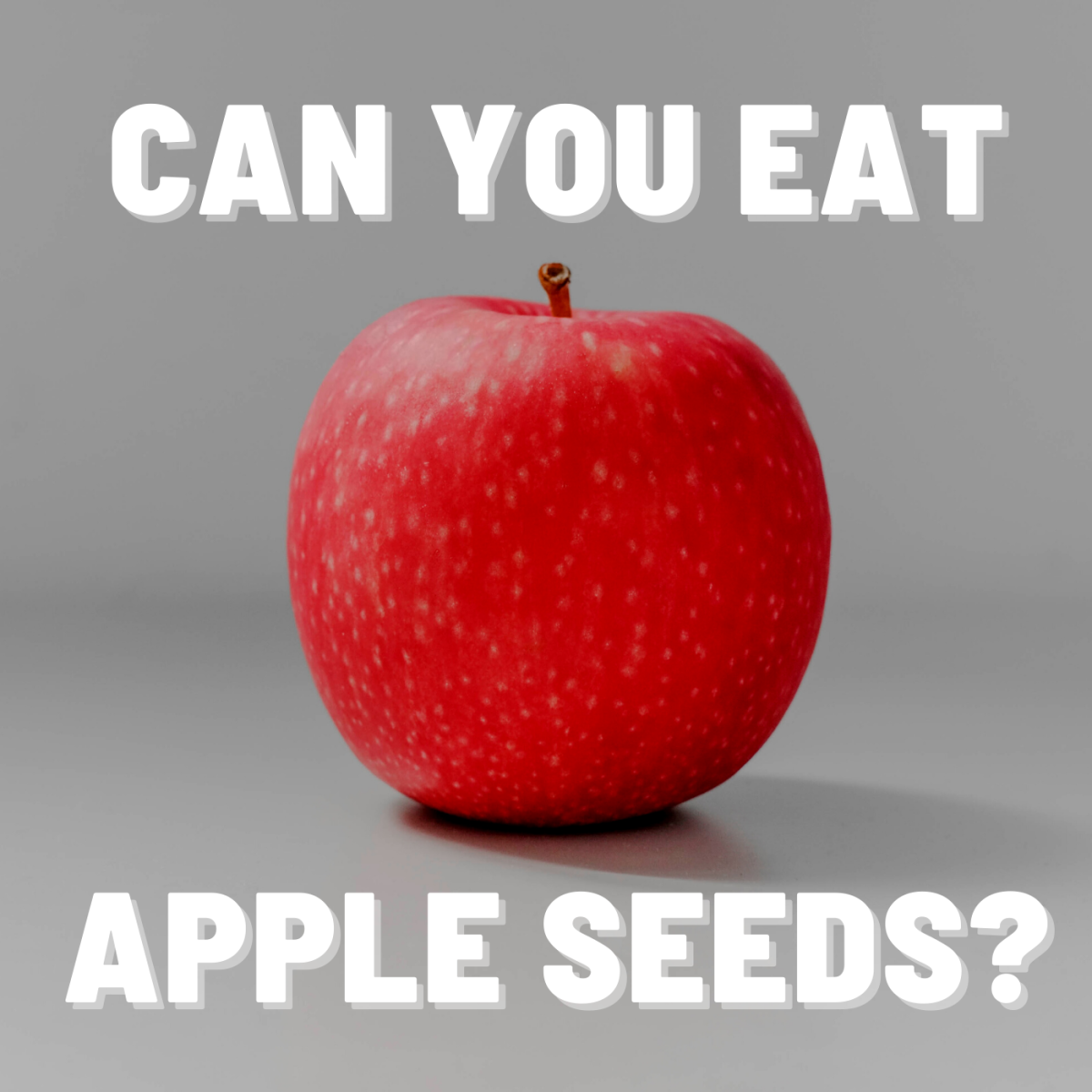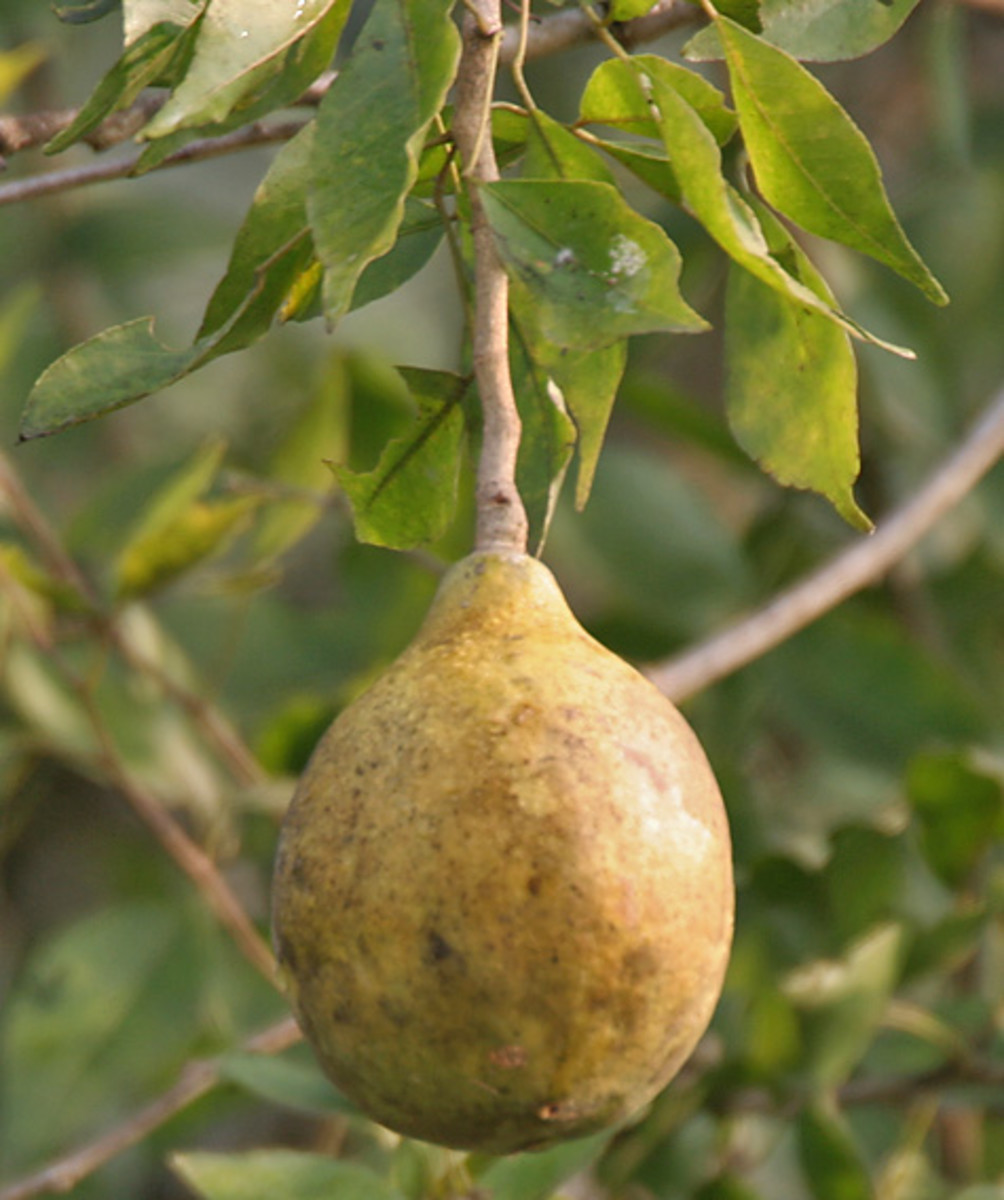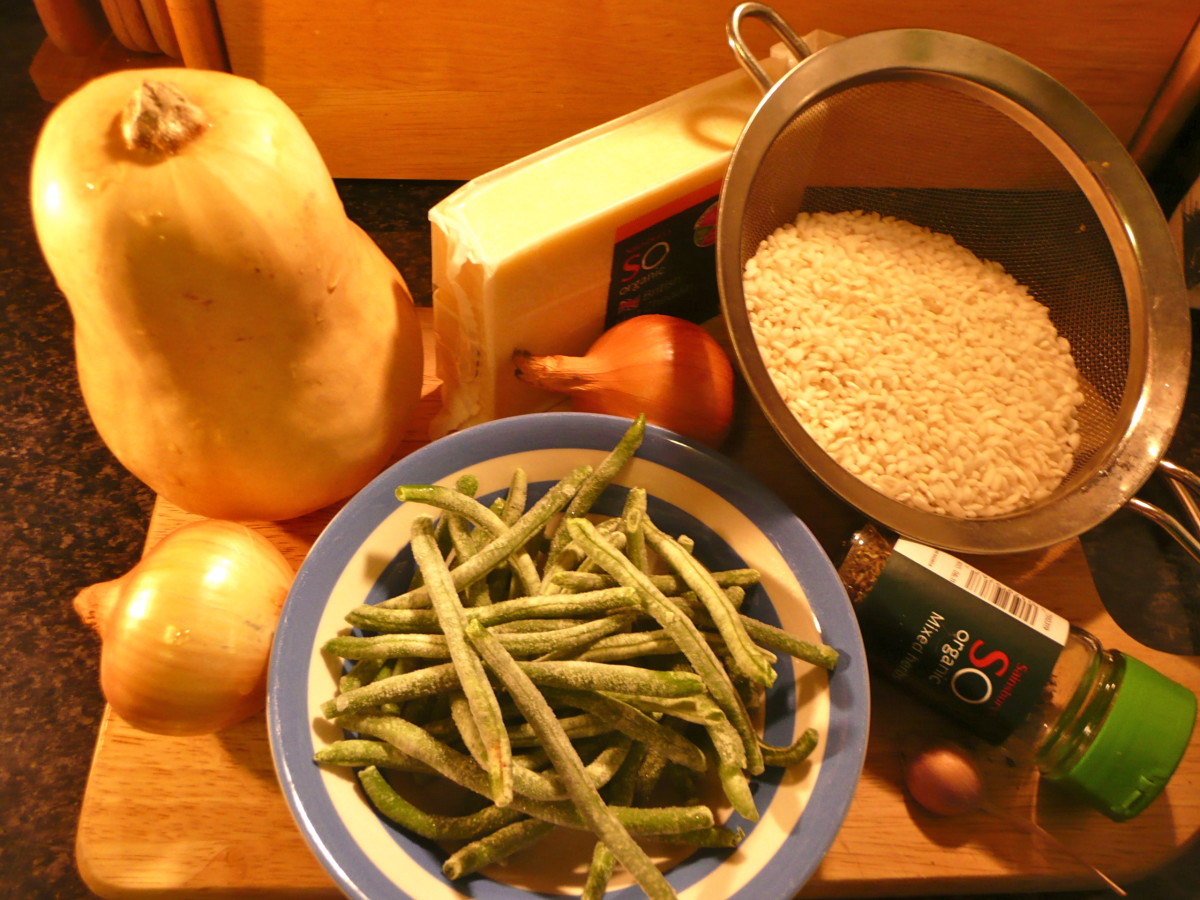How healthy are your fruit snacks really? Don't fall for misleading marketing tricks
Lesson # 1, fresh food has more nutrients than processed food
I read in a magazine the other day how important it is to eat plenty of fruit. The article suggested that for a “healthy food snack on the run”, mothers should buy their kids Apple Slices. And I believe that many mothers do exactly that in the belief, that they are doing the right thing. After all, one apple a day keeps the doctor away! Now I start wondering, what is actually wrong with a fresh apple, eaten the old-fashioned way? Why do we bring up kids these days on pre-packaged food full of additives? I wonder, how many nutrients are in apple slices, which have been processed and stored days before they get eaten. Apparently treated apple slices have a 21-day shelf-life while retaining their crispness and not even turning brown! I would call this a chemical miracle, as any fresh apple will oxidize and lose it's crispness minutes after being cut.
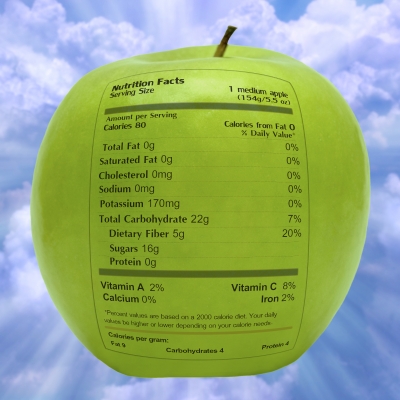
You don’t need to be a food expert to see that there is obviously far more goodness in a fresh apple than in bought apple slices and the low-fat, high sugar dipping sauce doesn't exactly add any beneficial nutrients either. It only makes your children more dependent on unnecessary sugar-laced condiments.
Making your own apple slices is healthier and environment friendly
If your family prefers apple slices, you are better off preparing them yourself. In this way you are sure that no unhealthy additives are added and you are also saving the environment from more unnecessary packaging material that goes into the dumpster.
Advice: If you don't want your apple slices to turn brown, rinse them in water and a few drops of fresh lemon juice, adding some natural and healthy vitamin C.
Lesson # 2: Fresh food is natural, processed food may have ingredients that you probably wouldn't want to eat if you knew what they are
While your fresh apple is 100% fruit, some sliced apples available at your store or fast food restaurant may contain ingredients like calcium ascorbate, ascorbic acid or calcium chloride.
What exactly is calcium chloride?
Calcium chloride, CaCl2, is a salt of calcium and chlorine. Common applications include brine for refrigeration plants, ice and dust control on roads, and desiccation. Calcium chloride is also a permitted food additive and firming agent commonly known as E509. In low doses it is considered safe for human consumption, but I doubt that it is actually healthy for you.
NOW THE REAL SHOCKER !
In Canada, Calcium Chloride is commonly used to melt ice and snow, making streets and sidewalks safer for pedestrians and drivers.
Calcium chloride also speeds up the setting of concrete mixes. However, due to its corrosive behaviour on steel rebar, it should be avoided in reinforced concrete.
Calcium chloride is used as a pH buffer and softener in swimming pool water.
Calcium chloride is also found in a whole range of applications from plastics to fire extinguishers, for wastewater treatment as well as in the oil industry.
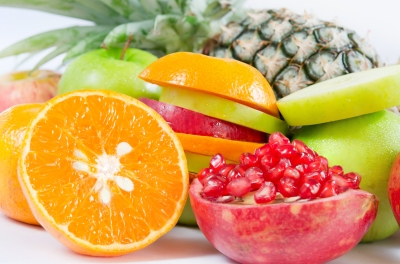
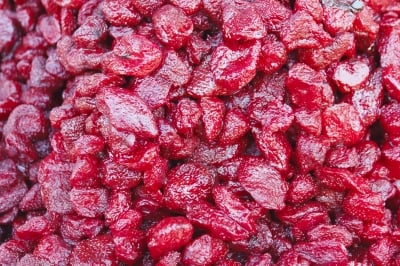
Food for thought
My point: In low dosage, calcium chloride is probably not harmful. I guess your child would have to eat approx. half a ton of McDonalds Apple dippers or another store bought brand in order to be poisoned, which is very unlikely. However, we eat so many different processed foods containing questionable ingredients such as calcium chloride or potassium chloride etc., that I sometimes wonder if they don’t accumulate in our bodies over time...
Potassium chloride is added to a wide range of foods that we eat in our daily lifes. For a complete list go to the following website (you might be amazed):
http://www.codexalimentarius.net/gsfaonline/additives/details.html?id=202
Remember, your fresh apple doesn't contain any of that stuff!
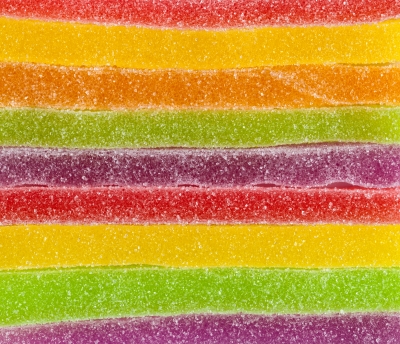
Lesson # 3: Fruit snacks don’t always contain fruit
While some fruit snacks are in fact healthy and loaded with healthy fruit, others only contain chemical ingredients, plenty of unhealthy sugar and artificial fruit flavour. So if you want to make sure that you are in fact eating something healthy, always read the label properly. For food analysis, you may find the link below useful:
http://nutritiondata.self.com/foods-023000000000000000000.html
Lesson # 4: Blueberry bits don’t really contain any blueberries
Another shocker: Are you sure that your favouite blueberry snacks contain actual berries? Read the label. E.g. the popular "blueberry bits" found in many cereals, muffin mixes etc. have nothing in common with the natural thing. They are an advertising trick with the sole purpose to mislead the customer into believing that he actually buys something healthy. Blueberry bits are made out of sugar, corn cereal, modified food starch, partially hydrogenated vegetable oil, artificial flavor, cellulose gum, salt and artificial colors like Blue #2, Red #40, Green #3 and Blue #1, not a single bit of blueberry in sight. Furthermore scientific studies prove that such dyes can actually be harmful to your kid and cause hyperactivity and ADHD.
How can you as a consumer learn what all these ingredients are
The best to know what's in your fruit snack is ALWAYS READ THE LABEL! Of course no busy mom has the time to study all the different ingredients while rushing around the supermarket but there is an easy way to get around this. Go to the manufacturer's website and analyze the labels at home in your armchair. However, I suggest that you don't do this before going to bed as your sweet dreams are likely to turn into nightmares.
Check your fruit snacks for nutrition facts and allergens
- Fruit Gushers Fruit Snacks - Tropical Flavors (5 oz) :: Foodfacts.com :: Find out what's REALLY in y
Ingredients, nutrition facts, allergy information, vitamins and weight watcher points for Fruit Gushers Fruit Snacks - Tropical Flavors
General Mills fruit snack ingredients
- General Mills: Brand Product List Page
General Mills website. Located in Minneapolis, Minn., USA, we are among the world's largest food companies, and we market some of the world’s best-loved brands, including:
Welch's fruit snack ingredients
- Fruit Snacks | Welch's Fruit Snacks®
Both kids and adults love Welch's® Fruit Snacks and Fruit 'n Yogurt™ Snacks. Try some today!
Kellog's fruity snacks ingredients

Books on how to make your own healthy snacks
What can you do about all this
Thank you for reading this article all the way to the bitter end. I hope it made you more aware that advertising is often misleading and that you should always take a minute to analyze the ingredients of a healthy sounding product. Especially products such as fruit bars, fruit leather, fruit candy, fruit juices, fruit yogurt etc. often contain a minimal amount of fruit, a great amount of artificial flavors and an even greater amount of high fructose corn syrup which can be damaging to your health. Therefore, next time you want to buy a healthy snack, make sure that you analyze the ingredients list and if you don't like it, start making your own fruit snacks. The recipes are simple and you can even involve the whole family. It will be fun and at the same make everybody more aware about healthy lifestyle choices.
Healthy snack recipes by Novascotiamiss
- Make your own healthy breakfast granola cereal and save money
If you are looking for a healthy, low-cost alternative to the sugar laden store bought breakfast cereals, make your own honey roasted oat granola with this simple and inexpensive recipe. - How to make your own sugar-free fruit sorbet
This instant fruit or berry sorbet is a healthy and guilt free treet for hot summer days. All you need is a blender, some frozen fruit or berries and a lot of imagination.
The “Environmental Working Group” www.ewg.org has launched a petition that lobbies against such misleading marketing tricks: “Kids Need Healthy Food Not Hyped J
Video: The fruit snack scam exposed
- General Mills Total Mind Games - comedy skit about Total Blueberry Pomegranate Cereal - YouTube
General Mills Total Mind Games - comedy skit about Total Blueberry Pomegranate Cereal, which contains NO blueberries and NO pomegranates. Character voices by...




